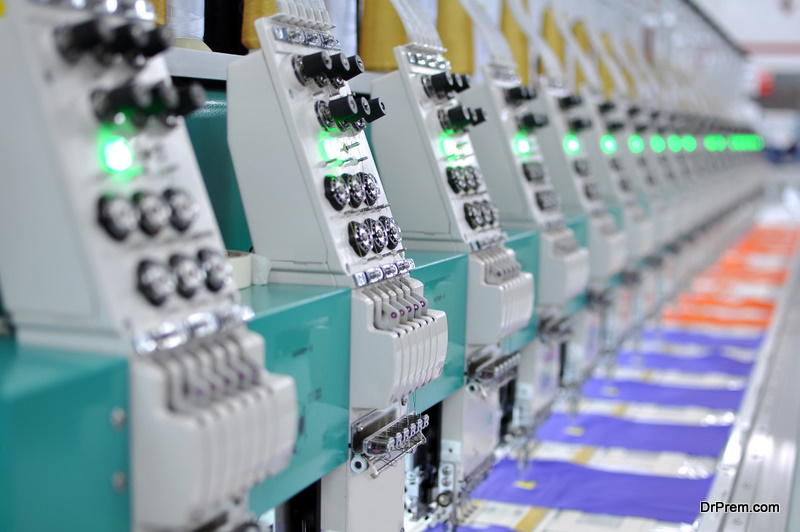We often create products and packaging with the mindset of using them once and throwing them away. This is done without considering the negative environmental and health effects. However, if we rethink how we consume and make manufacturers responsible for managing their products, we can tackle these problems.
Extended producer responsibility (EPR) is a policy approach that can help us achieve this goal. It focuses on the entire lifespan of a product and encourages manufacturers to take responsibility for their products even after they are sold. This means they ensure resources are reused and kept in circulation for as long as possible. But what exactly is EPR registration? Let’s delve into this question.
What is the Concept of EPR Registration?
EPR registration refers to the formal process through which producers or brand owners meet their legal obligations under EPR schemes. It entails registering with the appropriate agencies, providing product information, and taking part in or paying for the collection, recycling, and correct disposal of their products once their useful lives are through.
EPR registration is an important part of a sustainable waste management system, moving responsibility from consumers and local governments to producers. EPR certification supports a circular economy. Additionally, it encourages environmentally friendly production methods by holding producers accountable for controlling the environmental effect of their products.
The Impact of EPR Registration on Sustainable Production
EPR registration addresses the issues raised by linear economic models, acting as a motivation for sustainable manufacturing. It promotes a transition to a circular economy in which goods are created to be long-lasting, recyclable, and resource-efficient.
EPR registration drives sustainable production in the following ways:
1. Product Redesign and Innovation
Producers are encouraged to modify their products with a focus on sustainability to meet EPR registration criteria. This can entail;
- Employing recyclable or biodegradable materials,
- Cutting back on the usage of potentially dangerous compounds, or
- Creating goods that are simpler to disassemble and recycle.
By integrating sustainability into product design, manufacturers can reduce waste production and create products with a smaller environmental impact.
2. Efficient Resource Management
The EPR registration program encourages producers to use more effective resource management techniques throughout the production cycle. Producers may discover waste reduction and recycling opportunities by considering their products’ end-of-life effects. Reduced material consumption and waste management costs result from this trend toward resource efficiency.
3. Collaboration with Recycling Networks
Collaboration between producers and recycling networks is encouraged through EPR registration. In turn, this allows for creation of effective and efficient recycling systems. This partnership makes it easier to establish closed-loop manufacturing processes where materials from recycled goods are used to make new goods.
4. Consumer Awareness and Behavior Change
EPR registration programs frequently incorporate consumer awareness and education initiatives to encourage ethical product disposal and recycling. They inform consumers of the negative effects of improper waste management on the environment. Thus, motivate them to engage in recycling programs and make wise shopping decisions.
5. Circular Economy Development
EPR registration is a key component in the construction of a circular economy. EPR programs encourage resource efficiency, waste reduction, and recycling by holding producers accountable for their products throughout their lifecycles.
Conclusion
It is crucial for producers that aim to protect the environment and comply with regulations to understand the concept of EPR. By understanding this, producers can take proactive steps to acknowledge their responsibility for the environmental impact of their products from start to finish. EPR encourages sustainable business practices, resource efficiency, and the transition towards a circular economy.
Article Submitted By Community Writer




